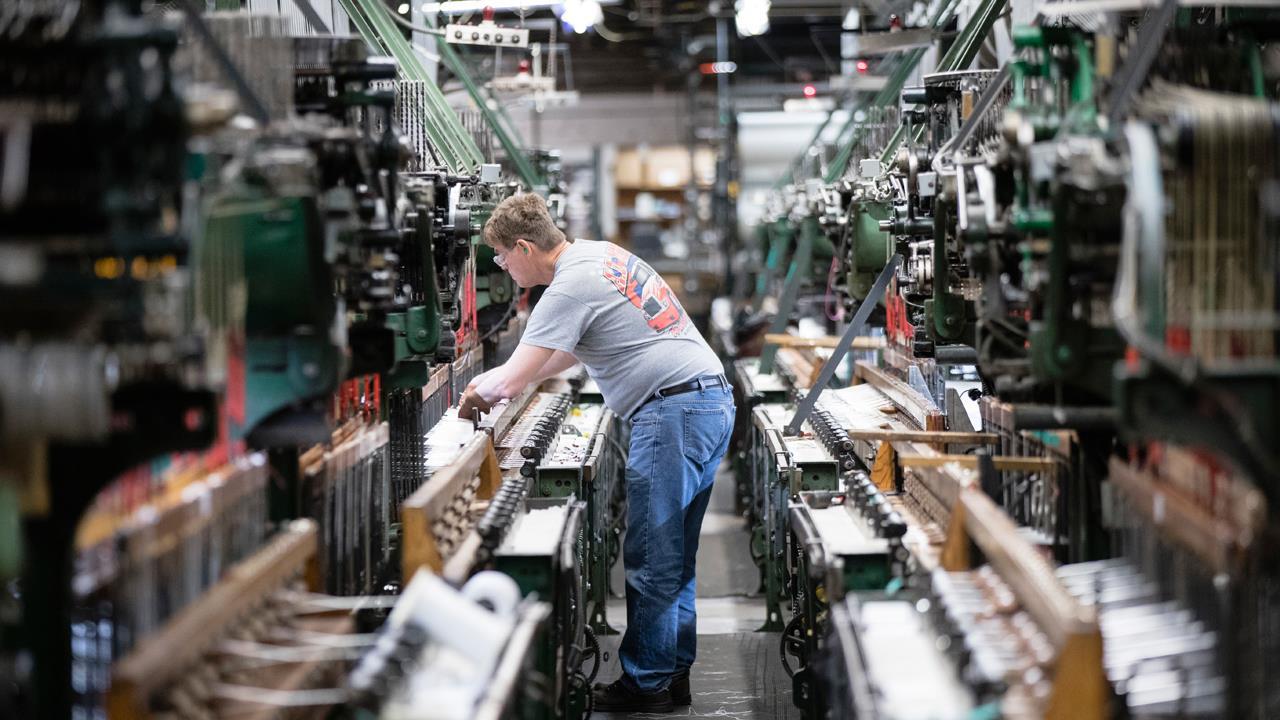Big business keeping wages down?
Stagnant wages may be the result of the increasing strength of big business and corporations, according to a new study.
As the market power of America’s largest businesses has risen throughout recent decades, so has their bargaining power, allowing them to demand lower prices from manufacturers and distributors. This has, in turn, resulted in lower wages for U.S. workers.
“Panel data on publicly traded companies show that dependence on large buyers decreases suppliers’ wages and accounts for 10% of the decline in wage growth in nonfinancial firms since the 1970s,” researcher Nathan Wilmers wrote in a study for the American Sociological Review.
The negative effects are more pronounced when suppliers rely on a single buyer for a long period of time, Wilmers added. Wages in the manufacturing and shipping industries have been most affected by the trend.
Meanwhile, big retailers, like Amazon and Walmart, are amassing an increasing market share in the retail space. Amazon’s share of the U.S. e-commerce market were nearly 50 percent, as it accounted for 5 percent of all retail spending, according to eMarketer, as reported by TechCrunch. The company has also come under fire for not paying a livable wage to some employees.
Meanwhile Walmart, which prides itself on product affordability, still dominates in the brick-and-mortar retail landscape and has more revenue than Amazon — which gives it even augmented bargaining power with suppliers.
The report did not refer to specific companies driving the trend of lackluster pay growth.
While wages in August grew at 2.9 percent, the most in nearly 10 years, it was largely attributable to an uptick in hours worked rather than actual pay. Growth rates still remain below the prerecession norm.
Wages have remained unusually stagnant at a time when the labor market is strengthening. Even Federal Reserve Chair Jerome Powell has said he expected “wages to react more” to the significant reduction in the unemployment rate, especially given the labor shortages across numerous industries. Powell called the situation “a bit of a puzzle” in June.
Some economists have attributed lagging wage growth to a lack of productivity. National Economic Director Larry Kudlow recently said he saw early signs of acceleration where that metric is concerned.




















